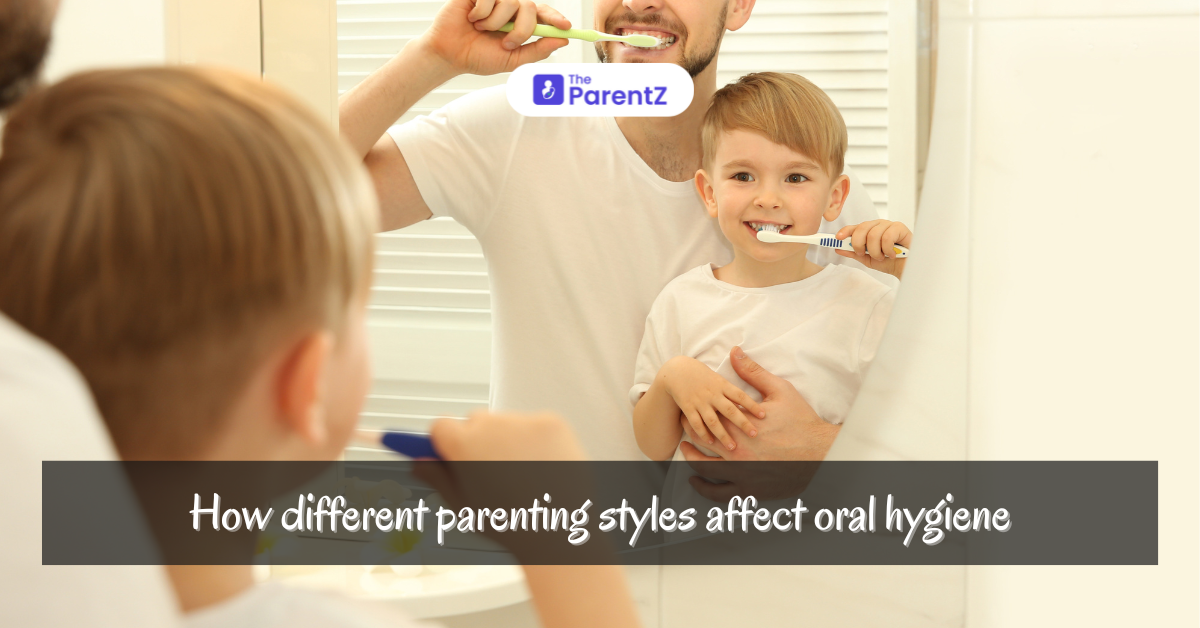Parenting style plays a pivotal role in shaping a child’s overall well-being, including their oral health. How parents approach their child’s dental care—whether through strict enforcement or relaxed guidance—can significantly influence the long-term dental habits of their children. This article explores different parenting styles and their impact on children's oral health, offering insights into how each approach affects dental hygiene, regular check-ups, and overall oral care.
Authoritative Parenting: Balanced Approach to Oral Care
Authoritative parents strike a balance between nurturing and discipline. They set clear expectations but also explain the reasons behind their rules. Children raised in this environment tend to follow a structured oral hygiene routine because their parents actively encourage brushing, flossing, and regular dental visits.
- Impact on oral health: These children often exhibit better oral health due to the consistent dental habits instilled by their parents. They are more likely to visit the dentist regularly and practice preventive care, resulting in fewer cavities and oral health issues.
Permissive Parenting: The Risk of Neglect
Permissive parents, who often avoid enforcing rules, may allow their children to skip dental care routines like brushing or flossing. This lenient approach can lead to poor oral hygiene habits. Permissive parents often prioritize their child’s comfort over discipline, which may result in irregular dental check-ups.
- Impact on oral health: Children of permissive parents are at a higher risk of developing cavities and gum issues due to inconsistent oral hygiene practices. The lack of guidance and discipline around regular brushing, flossing, and dental visits can lead to long-term dental problems.
Authoritarian Parenting: Too Much Discipline, Not Enough Explanation
Authoritarian parents impose strict rules with little room for flexibility. While these children may have a strong oral care routine out of fear of punishment, they may not fully understand the importance of dental hygiene. As a result, their oral health routine can become more about compliance than understanding.
- Impact on oral health: Though children of authoritarian parents may avoid immediate dental issues due to rigid rules, they may not carry these habits into adulthood as they lack a genuine understanding of their importance. The long-term effects can include neglect in later years.
Uninvolved Parenting: Lack of Guidance
Uninvolved parents provide little to no guidance regarding dental care, often due to busy schedules or lack of awareness. These children tend to be left on their own to manage oral hygiene, which can lead to serious oral health issues over time.
- Impact on oral health: Children raised in uninvolved households are at the highest risk of poor oral health. With little to no encouragement for dental care, these children are more likely to develop cavities, gum disease, and other oral health problems.
Conclusion
Parenting styles have a profound influence on children’s oral health. Authoritative parenting, with its balance of support and discipline, tends to foster the best dental habits, while permissive and uninvolved parenting can lead to neglected oral health. Understanding the impact of different parenting approaches can help caregivers ensure their children develop lifelong, healthy dental routines.









Be the first one to comment on this story.